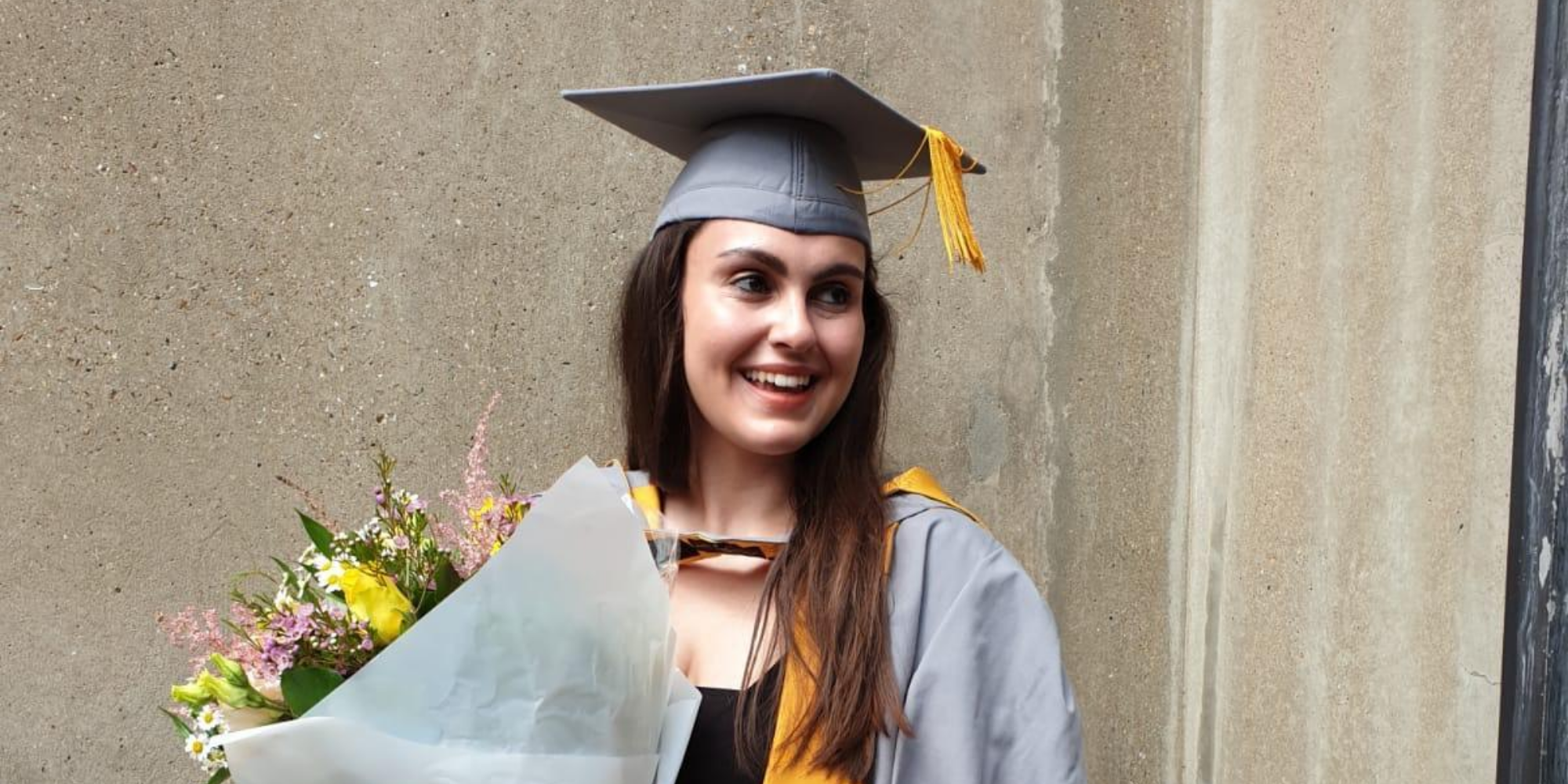Posted: 16 October 2019
Decolonising History: A Student’s Perspective

DECOLONISING HISTORY, a Tamasha Digital project for SOAS, is a thrilling collection of audio dramas created to analyse the concept and viability of decolonisation, as well as SOAS’ history.
Through its efforts to decolonise its curriculum, as well as by contributing key voices in debates regarding the subject, SOAS has led the charge for decolonisation for a long time. However, this is also due to its past as a training college for officers of the British Empire – its own contribution towards colonialism. This series of plays challenges SOAS to look at its own past, so that it can look to the future. One student involved with DECOLONISING HISTORY is Indira Varma, who has just graduated with a BA in History and South Asian Studies. Here’s her experience of working with Tamasha on this project, as well as her time at SOAS.
The narrative through which the South Asian diaspora has engaged with their history has often been deeply skewed and biased.
Often, the understanding is that the Empire enriched and benefited South Asia in the long term – something which a lot of Indians today believe. My own father even believes that without the British and their infrastructure, South Asian development would have been slowed by 100 years, even though there is significant proof to show that pre-colonial Indian legal and governing systems were much more diverse and advanced than their Western counterparts.
Media has also played an important role in this narrative; films like The Viceroy’s House and shows such as Indian Summer whitewash and glorify the history of the Empire to the general public, usually only providing one perspective on the matter and altering the stance many Brits take towards colonialism and the British Raj.
There is a lack of accountability and honesty in Britain’s mainstream representation of the Empire. This is why it is extremely important for the playwrights from Tamasha to bring historical debates outside of an academic setting – above all, to give an honest reflection on British rule. Being able to have engaging and insightful discussions with Satinder and Guleraana (DECOLONISING HISTORY writers Chohan and Mir) outside of a classroom setting was a very interesting way to gain new perspectives on South Asian history.
A desire to study a decolonised history is one of the main reasons why myself and so many other South Asians have chosen to study at an institution like SOAS. Honest about its own involvement in the histories of colonialism, SOAS has provided me with a multi-dimensional and intimate learning experience. Ranging from the variety of how history is taught to the perspectives from which history is seen, there is no other place that could have taught me about my own country in a more personal and honest way.
Only through the decolonisation of history and acceptance of Britain’s role in many atrocities committed throughout the colonial era, can there be a deeper understanding of the multifaceted and diverse South Asian subcontinent.
Indira Varma